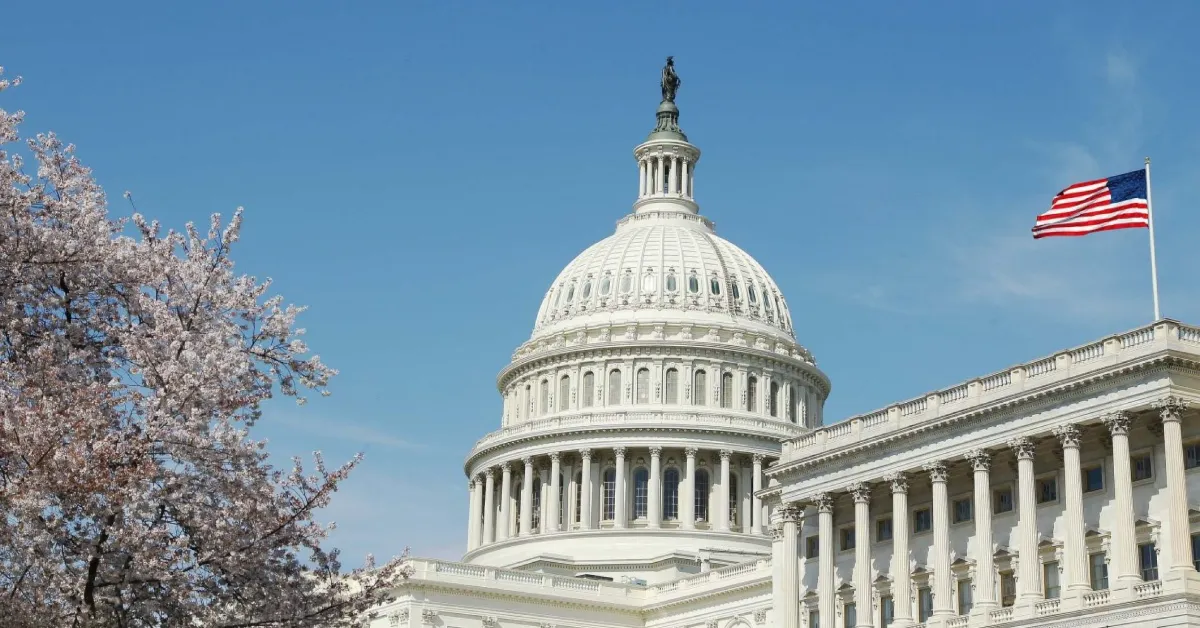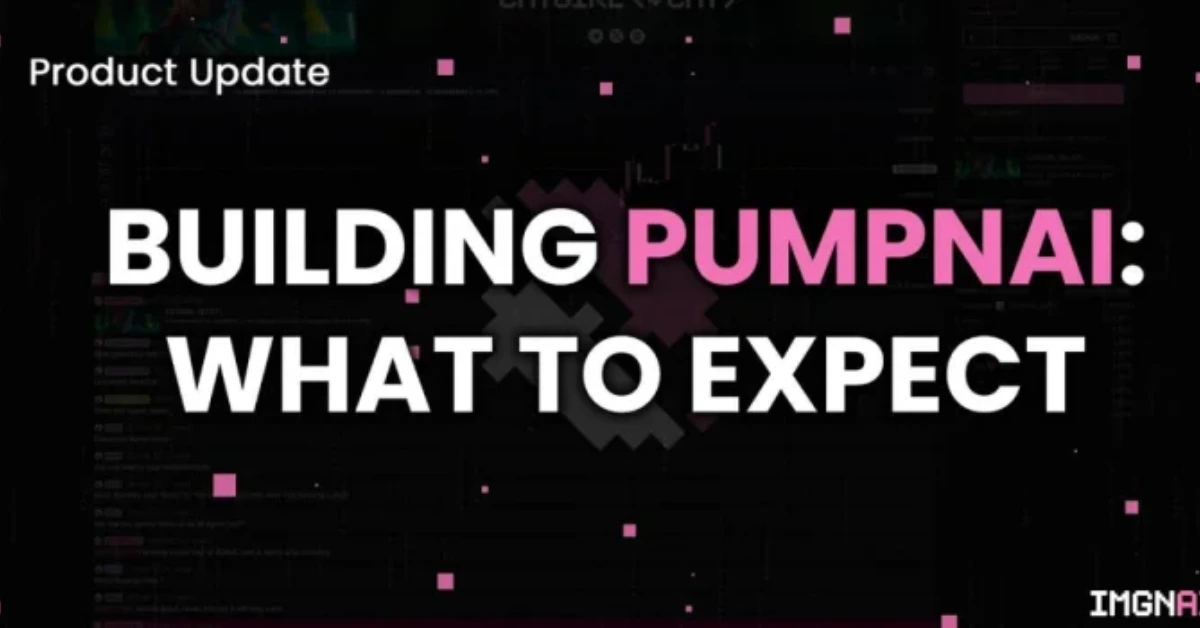With the U.S. on the brink of another government shutdown, concerns arise about its potential impact on the already shaky cryptocurrency industry. Past shutdowns have left a dent; this time, it might not be any different.
Here is a closer look.
A Flashback to Previous Shutdowns
During previous government halts, crypto-related entities experienced delays in decisions. For instance, an ambitious bitcoin exchange-traded fund was shelved, with insiders attributing the setback to the shutdown.
Now, eyes are on the SEC, which appears to be tentatively postponing Bitcoin ETF applications. Moreover, Coinbase is eagerly awaiting an October 11 response from the SEC regarding its Mandamus petition.
The Looming Shutdown and its Mechanism
Should Congress not intervene timely, the government could halt its operations this weekend. Here’s how it works: The U.S. Constitution empowers Congress with financial decisions. Each fiscal year commencing on October 1 requires Congress to approve spending bills.
Missing this deadline results in a funding lapse, suspending non-crucial government functions. If Congress remains passive, a shutdown will commence on October 1, shortly past midnight. Predicting the shutdown’s duration is tricky due to the prevalent discord on Capitol Hill.
Crypto Industry Amidst the Chaos
This potential shutdown comes at a critical time for the crypto sector. The industry’s endeavors in the U.S. might face further disruptions, but experts believe essential matters will not go completely unnoticed, albeit with possible delays.
Historically, during shutdowns, the agency paused litigation where feasible, excluding cases jeopardizing consumer assets. Additionally, the approval process for new products would be put on hold. This doesn’t bode well for enterprises awaiting the SEC’s decisions on Bitcoin applications or firms like Coinbase and Binance, currently entangled in legal disputes.
The Crypto Market’s Unsteady Ground
The crypto market is uncertain, with all top 10 cryptocurrencies showing declining figures. If a shutdown were to occur, this trend might be exacerbated. With regulatory decisions being pivotal for the market’s stability, any delay could deter potential investors, causing a further dip.
Investors might also become wary, leading to potential sell-offs. Uncertainty is what drives volatility in the market.
Credit: Source link















































